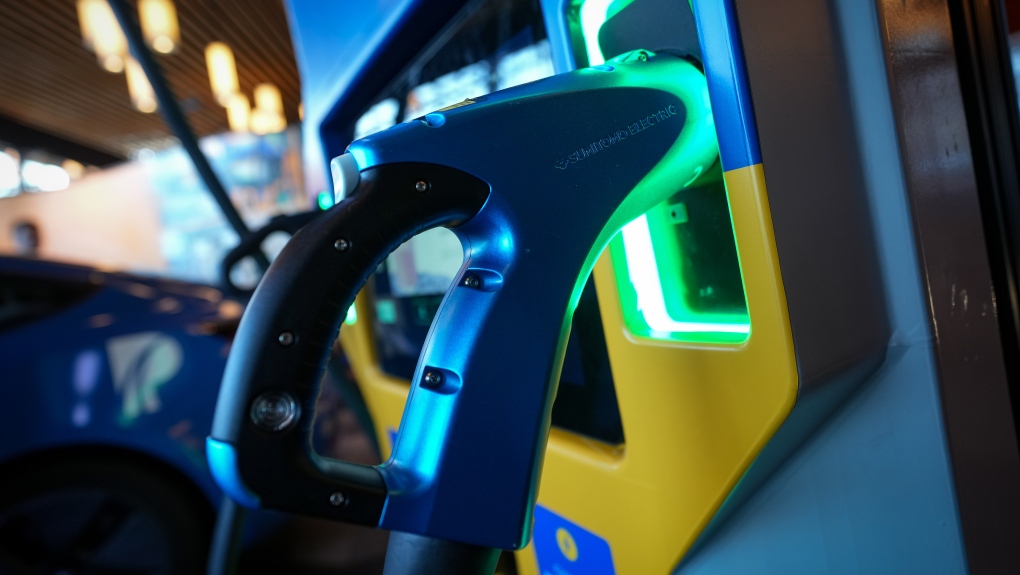Unless policies or technologies change, the ownership cost of electric vehicles (EVs) needs to decrease by 31 per cent if Canada to wants to reach its sales target of 60 per cent EVs by 2030, according to a new report released Thursday by Parliamentary Budget Officer Yves Giroux.
Last December, the federal government unveiled its Electric Vehicle Availability Standard that outlined zero-emission vehicle sales targets for automakers. The standard requires all new light-duty sales in Canada to be electric or plug-in hybrid by 2035. There are also interim targets of at least 20 per cent of all sales being EVs by 2026 and 60 per cent by 2030.
Those federal government targets come as growth forecasts for auto companies have plateaued and concerns about charging infrastructure persist. The price of EVs has also pushed the cars out of reach for many consumers. According to the Canadian Black Book, the average cost of an EV was $73,000 in 2023.



Give me a Honda fit but electric and make my landlord give me the ability to charge it. Some fancy tech would be nice, but I drive a used economy vehicle for a reason
I think you nailed one of the biggest but least talked about factors in mass adoption. I’d love to get an EV, but the only used ones I could reasonably afford would require daily charging as I’d use well over half a charge per workday and I have nowhere to charge at home or work.
Me too. Like, I drive a shitty ice, but I’d consider a decent upgrade in vehicles, only for an Ev and only with somewhere to charge it. Like, that’s one of the major reasons my wife and I are thinking of switching to renting or buying a house at the end of our lease.
And people like us are necessary for adoption. We’re the “yeah but even they have one and like it” people